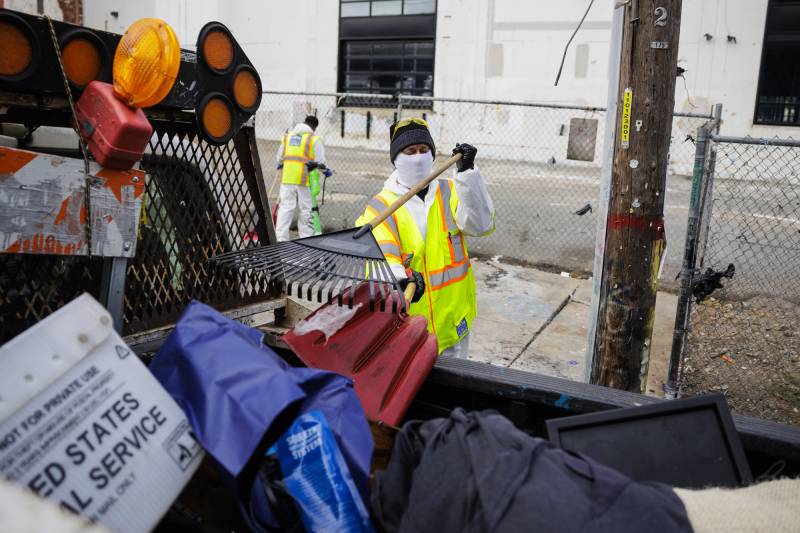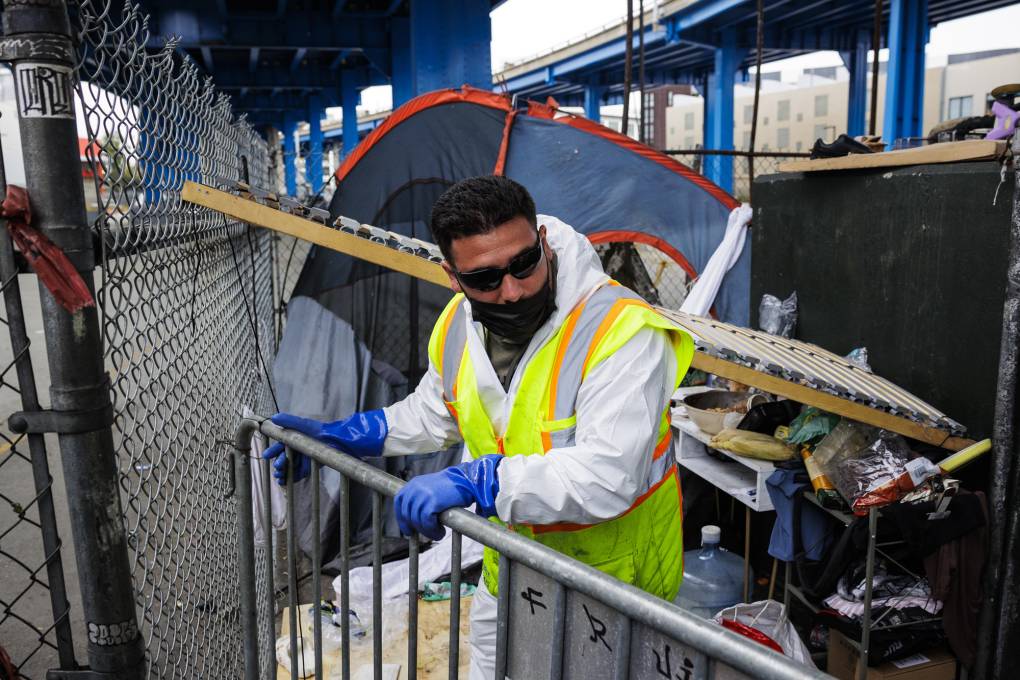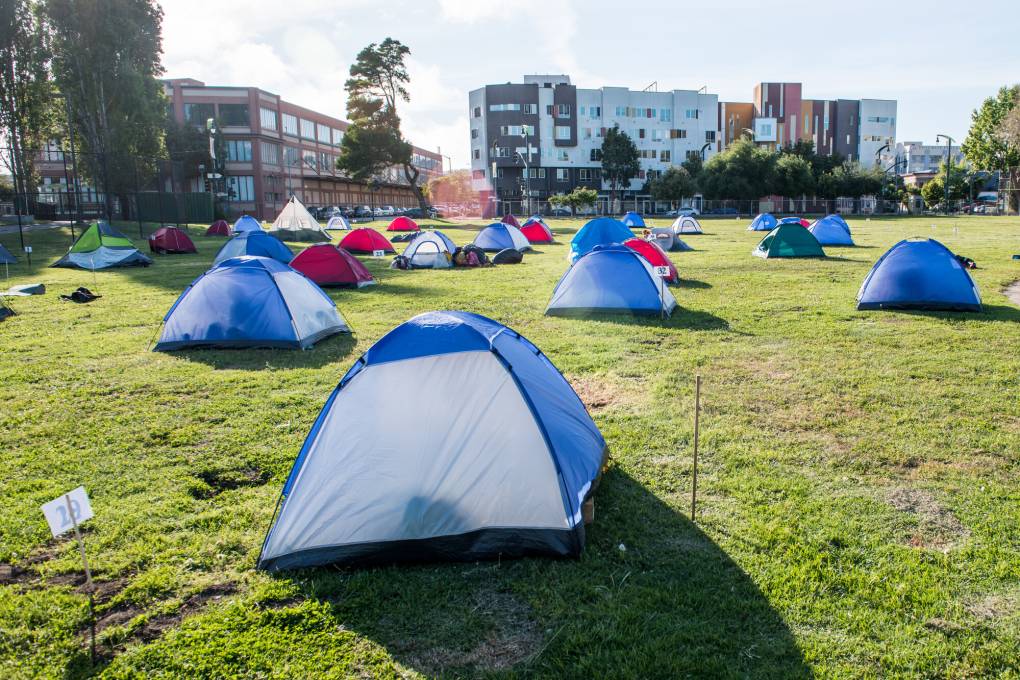As San Francisco officials vow to ramp up sweeps of homeless encampments, a federal judge is requiring the city to better train its workers on what to do with people’s belongings.
The case filed by a group of unhoused residents in 2022 centered on arguments that the city routinely disregarded its own policy by destroying property during sweeps and that workers were violating residents’ Fourth Amendment rights, protecting them from unreasonable seizures by the government.
U.S. Chief Magistrate Judge Donna Ryu ruled Monday that the city must work with the plaintiffs on a new policy training city staff on how to properly handle and store property, but Ryu denied the plaintiffs’ request to have someone oversee the city’s implementation of the policy.
The ruling comes as Mayor London Breed has promised, beginning this month, a “very aggressive” crackdown on encampments. According to the mayor’s office, the city last week engaged with 235 people. Of those, 24 accepted offers of shelter, seven received shelter, and one person was placed on a mental health hold. The vast majority — 195 people — declined offers or provided no information to city workers.



